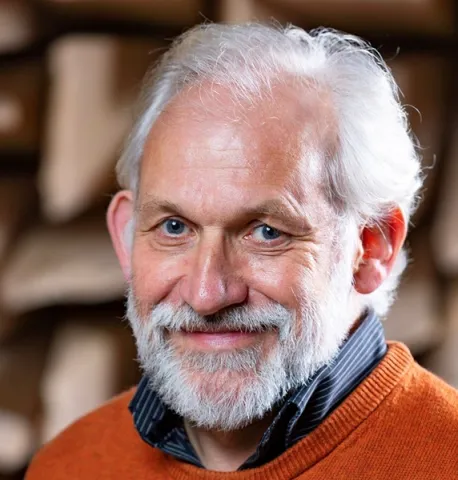About the project
Millions struggle with "hidden hearing loss." Pilot data from our lab shows a disconnect between the brain's effort and listening success. This project will engineer a "sentient" hearing aid that reads the user's unique physiological signature of effort to intelligently adapt its sound processing in real-time.
Current hearing aids are deaf to the listener's internal struggle. This project will pioneer a 'sentient' hearing device that creates a symbiotic link between mind and machine. Building on our lab's pilot data on physiological "signatures" of listening effort, you will be the first to engineer a closed-loop, physiologically-guided speech enhancement system.
You will use cutting-edge generative adversarial networks (GANs) for speech enhancement and a full suite of physiological measures, such as electroencephalography (EEG) or pupillometry, to capture the rich nature of listening effort. Your research journey will involve:
- developing a model to track a user's unique effort signature in real-time
- engineering a novel control loop where this signature strategically modulates a real-time audio enhancement algorithm
- validating the complete system to prove it significantly reduces listening effort and improves user experience
You will join the world-leading Institute of Sound and Vibration Research (ISVR), where you will receive comprehensive, multidisciplinary training and finish your PhD with a rare skillset at the frontier of AI and hearing healthcare. You will be embedded within the Signal Processing Audio and Hearing Group, gaining hands-on expertise in:
- advanced machine learning: practical application and development of deep learning architectures, specifically GANs, for audio signal processing
- physiological signal processing: real-time acquisition and analysis of a suite of physiological signals, including EEG, pupillometry, galvanic skin response (GSR), and electrocardiography (ECG)
- psychophysical experimentation: design, implementation, and statistical analysis of complex human-participant experiments
- scientific programming: advanced programming in MATLAB and Python for data analysis, modelling, and real-time system control
You will also have access to the full range of postgraduate development courses offered by the University of Southampton's Doctoral College, covering academic writing, presentation skills, project management, and public engagement.
The School of Engineering is committed to promoting equality, diversity inclusivity as demonstrated by our Athena SWAN award. We welcome all applicants regardless of their gender, ethnicity, disability, sexual orientation or age, and will give full consideration to applicants seeking flexible working patterns and those who have taken a career break.
The University has a generous maternity policy, onsite childcare facilities, and offers a range of benefits to help ensure employees’ well-being and work-life balance. The University of Southampton is committed to sustainability and has been awarded the Platinum EcoAward.

